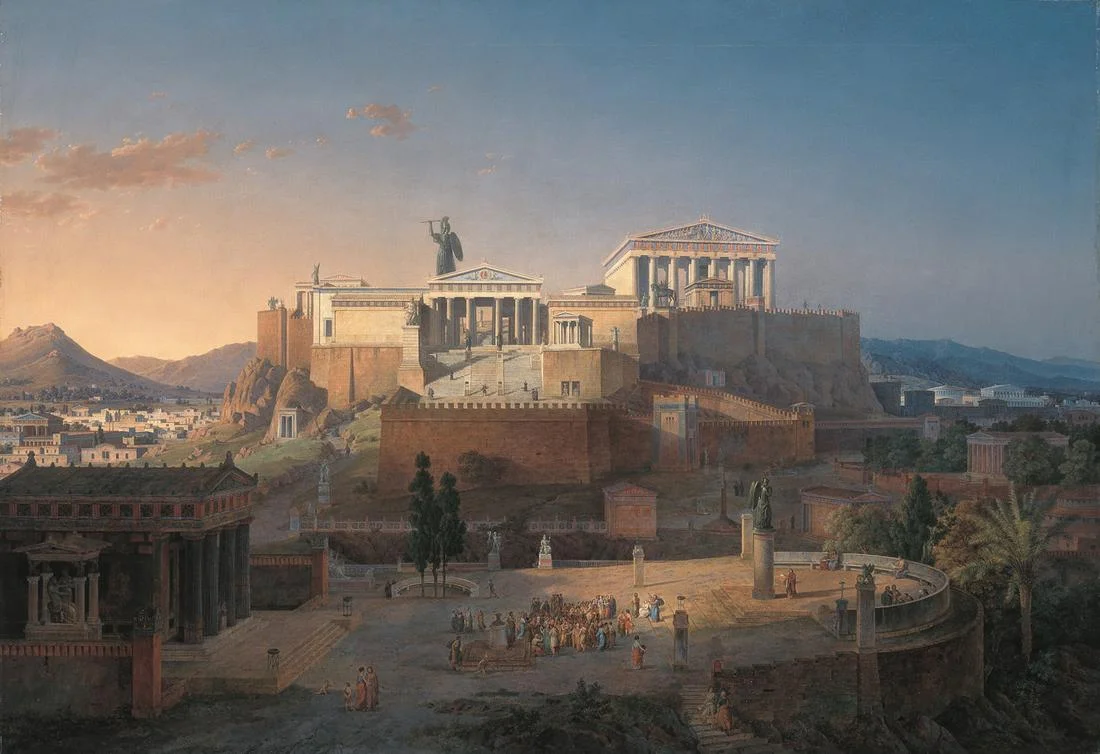The Rise of the Demagogue – A Warning from Plato
Global capitalism has not worked for everyone, and the growing populist movements around the world are partly an expression of justifiable frustration at the inequitable distribution of economic opportunities and rewards. However, some unscrupulous populist leaders have cynically directed that frustration and anger onto the wrong targets: particular racial and religious groups; women; even the disabled have been mocked. These populists have claimed that only they understand and champion ‘the people’; all those who challenge them are ‘enemies of the people’ – by implication not really people at all. Nothing should block the direct implementation of ‘the people’s will’, and if democratic institutions - Parliament, say, or Congress, or an independent judiciary or free press – present obstacles to the immediate implementation of this will, then they are enemies too.
The kind of liberal representative democracy that emerged in the 17th and 18th centuries is founded on notions of equal civic rights (themselves often founded on ideas of universal human rights) and supported by the rule of law and freedom of expression. Some of the populists’ rhetoric and other actions (because speech acts are acts) have already done serious damage to these foundations and supports, and unleashed and emboldened some toxic views amongst the most extreme of their followers. It is not too late to protect liberal democracy, but those of us who care about it are going to have to work hard in 2017 and beyond. We need to disentangle the complicated web of understandable economic grievances from the yearning amongst some for white supremacy (particularly white male supremacy) and address the former while heeding but not in any way indulging the latter. We must use every peaceful means of civic protest to call out – clearly, firmly and swiftly – every single infringement of civic and human rights and every attack on the rule of law. We must resist the normalisation of profoundly immoral speech and behaviour. Such resistance is not ‘unpatriotic’, still less ‘treasonable’: if our accusers are British or American we can remind them that we are fighting to save a liberal democracy forged, in part, by the British philosopher John Locke and the British-American Thomas Paine.
Plato provides a salutary warning. Although he was no fan of the (direct rather than representative) democracy that he witnessed in fourth century Athens, he did think democracy was a great deal better than tyranny, and in Republic 8 (562b-569c) he provides a chilling account of how democracy can be subverted into tyranny by an opportunistic demagogue, rule by the people swiftly degenerating into manipulative leading of the people. The demagogue gains power by democratic means, claiming to be a champion of ‘the people’ and making wild promises; in particular he offers intoxicating quantities of the neat spirit of independence. Anyone who opposes the demagogue is labelled an ‘enemy of the people’ and exiled or killed. Such tactics naturally create genuine enemies, and the demagogue quickly acquires a large bodyguard, and eventually a private army. External conflicts are also stirred up to keep the people in need of a strong leader. It is also in the demagogue’s interests to keep his supporters poor as well as fearful, and when they start to rebel, protesting that this is not why they voted him in, he attacks them too and the full-blooded tyrant is born.
Plato’s demagogues peddle fantasy and utterly disregard the facts. Of course individual purported ‘facts’ can and should be questioned, but if we have contempt for the very notions of truth and fact, if we acquiesce in the current fashion for ‘post-fact’, then it will not just be the future of liberal democracy at stake, but ultimately the survival of all life on our planet. Fortunately, we are still at the crossroads. We can still choose which road to take.
